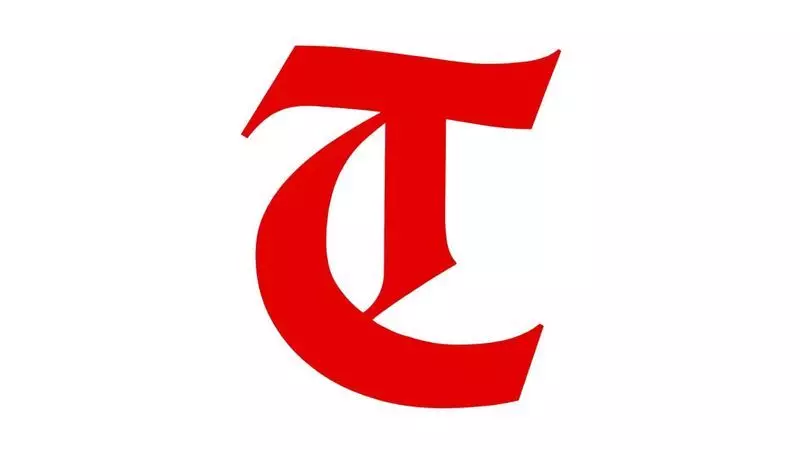
In a significant political development, senior National Conference leader Mian Altaf Ahmad has called upon the Central Government to initiate parallel discussions regarding the restoration of statehood to Jammu and Kashmir. The former minister emphasized that the dialogue process should not be postponed until after the assembly elections.
'The people of Jammu and Kashmir deserve clarity and concrete steps toward restoring their democratic rights,' stated Altaf, who represents the Kangan constituency. 'Why should statehood talks wait for elections? Both processes can and should happen simultaneously.'
Growing Demand for Constitutional Restoration
The National Conference leader's remarks come amid increasing political pressure on the Centre to address the constitutional status of the region following the abrogation of Article 370 in August 2019. Altaf articulated that the delay in restoring statehood is creating uncertainty and hampering the region's political progress.
Key points highlighted in his appeal include:
- Immediate commencement of statehood discussions alongside election preparations
- Restoration of Jammu and Kashmir's democratic identity and privileges
- Addressing the political aspirations of the region's population
- Ensuring constitutional parity with other Indian states
Political Implications and Future Prospects
This demand represents a significant positioning by the National Conference as political activities gradually resume in the region. The party appears to be setting the agenda for upcoming political engagements with the Centre, making statehood restoration a central pillar of their political discourse.
'The timing of this statement is crucial,' noted political observers. 'With speculation about assembly elections gaining momentum, the National Conference is clearly establishing its non-negotiable demands for participating in the democratic process.'
The call for parallel processes suggests a strategic approach to ensure that statehood restoration remains at the forefront of political discussions, rather than becoming secondary to electoral politics. This development signals intensifying political movements in Jammu and Kashmir as stakeholders prepare for the next phase of democratic engagement.






